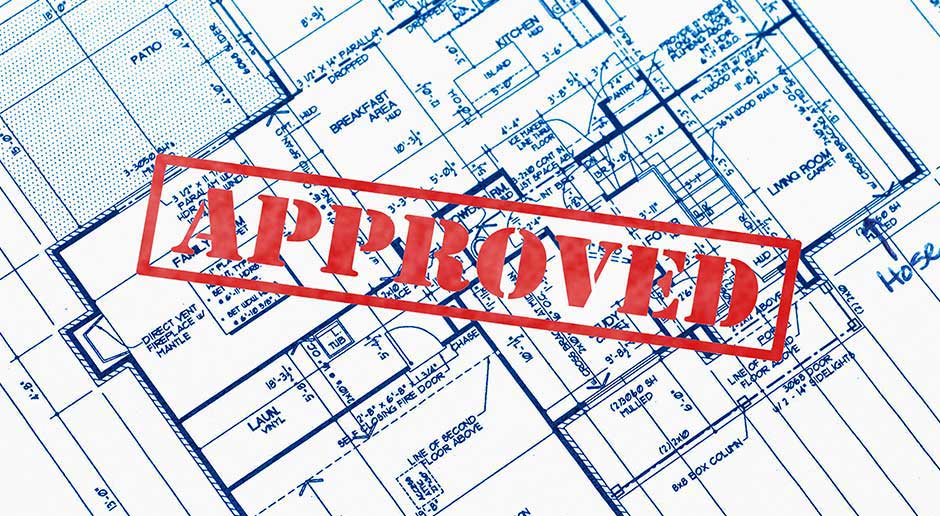Not all building projects require planning permission, as some fall under what are known as “permitted development rights”. However, you could be penalised – at great cost in both money and time – if you violate planning permission rules.
For this reason, you must investigate whether your building proposal would indeed need planning permission. Fortunately, as time-served experts in planning law, we can help you to unravel the tangles and make sense of any grey areas in the existing regulations.
For such development projects as extensions, conversions, bathroom fittings and kitchen installations, we can establish whether the work would need planning permission – and, if it would, provide our expert input to assist you in steering your application towards success.
Request A Call Back

We can effectively serve as a “one-stop shop” for your residential or commercial building project, taking care of everything from putting together the initial designs and plans to seeking any planning permission required. We work with a wide range of architects, and it is through these professionals that we can help you to obtain planning permission for any building jobs.
Whatever the site or property you want to develop, any neighbours adjoining the land will be notified as well as invited to participate in a 3-week consultation period included as part of the planning application process. Ultimately, we can help you to ensure that your property improvement project jumps any and all hurdles posed by planning regulation.
Request A Call Back